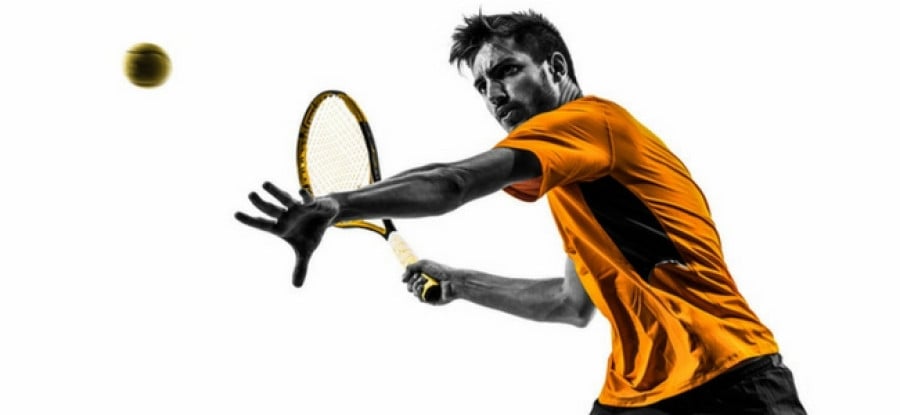Changing nationality in sport: where should we draw the line? A review of the Aljaz Bedene case

The debate over sportsmen and women changing their nationality is nothing new. The selection of Prince Alexander Sergevich Oblensky[1] (originally from Russia) on the wing for England’s Rugby Union side in 1936 raised many heckles[2]. He may have been naturalised British but he was not a British subject.
Since then, international federations have invested a great deal of time and effort in codifying what nationality means for their sport. In recent years, they have had to balance the principles of European free movement legislation[3] and economic globalisation with the protection of sporting integrity of their respective competitions and tradition.
Some have been more successful than others. Handball’s nationality criteria came under scrutiny in 2015 as Qatar hosted the World Championships.[4] Qatar did not have a long tradition of Handball excellence yet they made their way to the final of their home World Championships. Only four members of the team were actually born in Qatar, whereas the majority hailed from the heartlands of Handball in France and Spain. As for Taekwondo, Aaron Cook managed to compete in one Olympics for Great Britain and another for Moldova.
Whilst many have benefited from the way the nationality rules have been structured, the tennis player Aljaz Bedene certainly has not. This article reviews the recently decided case concerning Aljaz Bedene’s ability to represent Great Britain’s Davis Cup tennis team. Specifically, it looks at:
- Aljaz Bedene’s background and tennis’ nationality criteria
- The decision of the Sport Resolutions arbitration
- Comment on the decision and the interaction of nationality requirements with proportionality and fairness, and the freedoms enshrined under EU law.
To continue reading or watching login or register here
Already a member? Sign in
Get access to all of the expert analysis and commentary at LawInSport including articles, webinars, conference videos and podcast transcripts. Find out more here.
- Tags: Davis Cup | Dispute Resolution | Governance | Great Britain | International Tennis Federation (ITF) | Lawn Tennis Association (LTA) | Regulation | Slovenia | Tennis | Treaty on the Functioning of the European Union (TFEU) | United Kingdom (UK)
Related Articles
- The dynamics of nationality and football
- The continuing debate of nationality in sports
- The FA’s new work permit system & proposal for new “home grown” rules
- The debate over nationality in sport: a comparison of the different rules of governing bodies of sport
Written by
Jamie Singer
Jamie is a founding partner of onside law. He qualified into the Commercial department at Clifford Chance after a secondment to their Dubai office and in 2000 joined the dedicated sports group at Nicholson Graham & Jones. Latterly he spent five years as in-house counsel at IMG where he was principal legal advisor to IMG's tennis, sponsorship consultancy, fashion and models divisions throughout Europe.
Leon Farr
Leon Farr is an associate at Onside Law advising clients in the sport and media sectors on a range of commercial and corporate matters.





